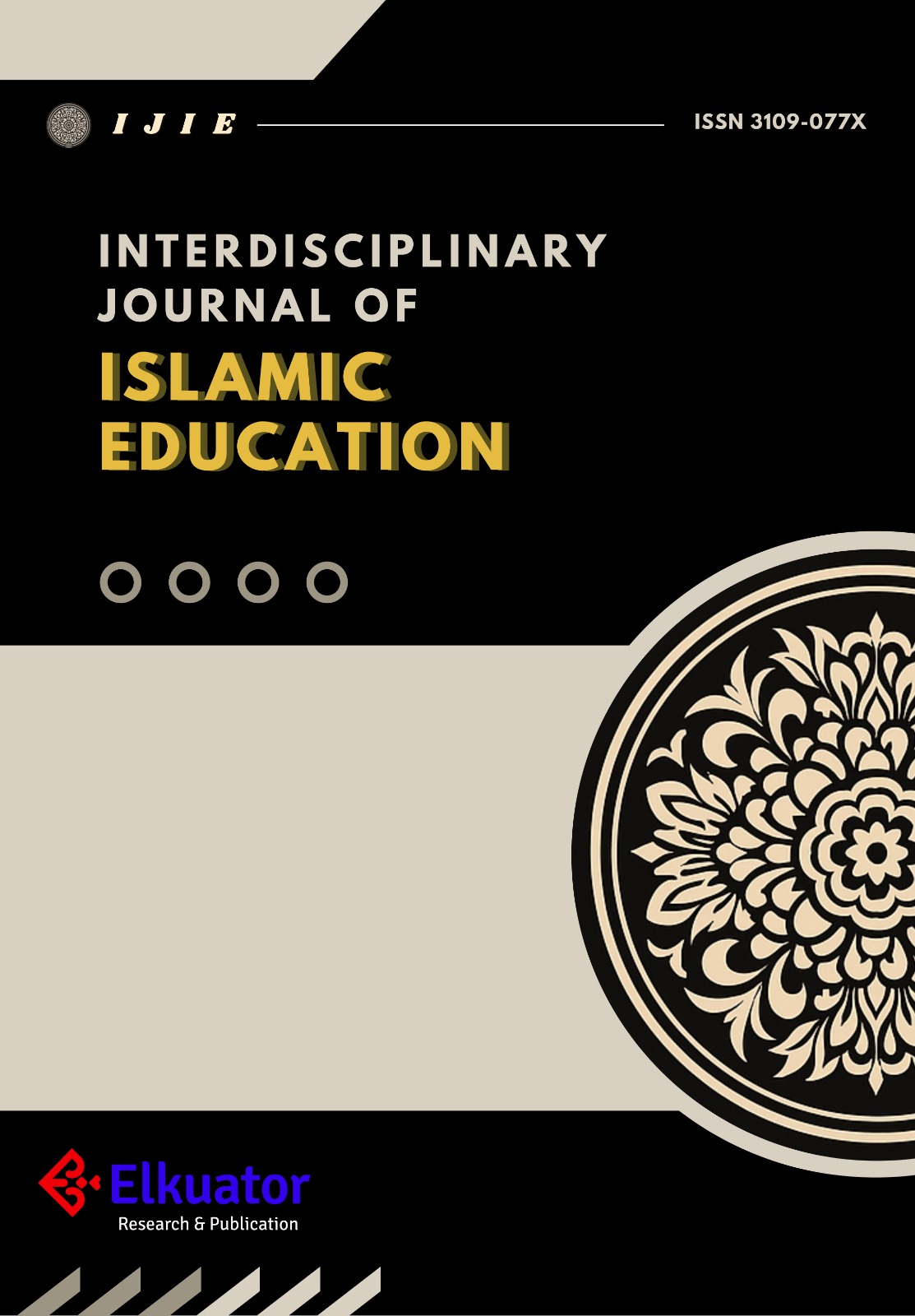PEER REVIEW PROCESS
Upon submission, each manuscript undergoes an initial technical check and plagiarism screening using turnitin. Subsequently, the Editor-in-Chief determines the initial handling pathway. In most cases, the manuscript is forwarded to the Managing Editor for a preliminary assessment of its relevance to the journal’s scope and its basic academic quality.
In certain cases, however, the Editor-in-Chief may assign the manuscript directly to an appropriate Editor, bypassing the Managing Editor. This typically occurs when the manuscript falls within a particular area of expertise or when a more streamlined editorial process is necessary. Such flexibility ensures both efficiency and adherence to the journal’s academic standards.
If deemed suitable, the manuscript is forwarded to a designated Editor to initiate the peer review process. The Editor selects and invites a minimum of two qualified reviewers with relevant expertise. All reviews are conducted under a double-blind policy to ensure objectivity and protect the anonymity of both authors and reviewers. For interdisciplinary submissions or those addressing region-specific or emerging themes, members of the International Advisory Editorial Board may be consulted either to provide expert evaluations or to recommend suitable reviewers.
As peer review is a voluntary process, it may take some time; however, Editors actively follow up with reviewers to facilitate timely evaluations. During this stage, the manuscript status is marked as “Under Review.” Once the required reviews are received, the status is updated to “Required Reviews Complete.”
Based on reviewer feedback, editorial assessment, and—where appropriate—input from the International Advisory Editorial Board, the Editor renders one of the following decisions:
- Accepted as is: The journal will publish the paper in its original form.
- Accepted with Minor Revisions: The journal will publish the paper and request the author to make minor corrections within a specified timeframe.
- Accepted with Major Revisions: The journal will publish the paper provided the authors make the changes suggested by the reviewers and/or editors within a specified timeframe.
- Resubmit (conditional rejection): The journal is willing to reconsider the paper in another round of decision-making after the authors make major changes.
- Rejected (outright rejection): The journal will not publish the paper or reconsider it even if the authors make major revisions.
Authors are notified of the decision accordingly. Where revisions are requested, authors must submit a revised version addressing all reviewer comments. This revised submission may be subject to an additional round of review before a final decision.
In some instances, manuscripts may be referred from partner journals. These are evaluated using existing reviews, supplemented with additional assessments if necessary. Editors may then decide to accept, reject, or request further revisions.
At any stage, if a manuscript is deemed unsuitable, it will be rejected, and authors may be advised to submit to a more appropriate journal.
Beyond the peer review process, members of the International Advisory Editorial Board contribute significantly to the strategic development of the Journal of Religion and Decoloniality (JRD). Their diverse academic and regional expertise ensures the journal remains responsive to global scholarly discourse, while also supporting its mission to promote decolonial knowledge production. The Board advises on emerging research areas, helps shape editorial policy, and reinforces the journal’s commitment to inclusive, contextually grounded scholarship.
Summary of the Review Workflow:
- Manuscript submission
- Technical and plagiarism screening
- Editorial screening for relevance and quality
- Assignment to an Editor
- Reviewer invitation and double-blind peer review
- Possible consultation with the International Advisory Editorial Board
- Editorial decision based on reviewer and editorial feedback
- Notification of acceptance, revision, or rejection
- Submission of revised manuscript (if applicable)
- Final decision
- Proofing and publication
Journal of Religion and Decoloniality (JRD) is committed to a rigorous and efficient editorial process that ensures the publication of high-quality, original research. Through the contributions of expert reviewers and an engaged International Advisory Editorial Board, the journal upholds academic integrity while fostering critical dialogue at the intersections of religion, decolonial thought, and global scholarly engagement.








